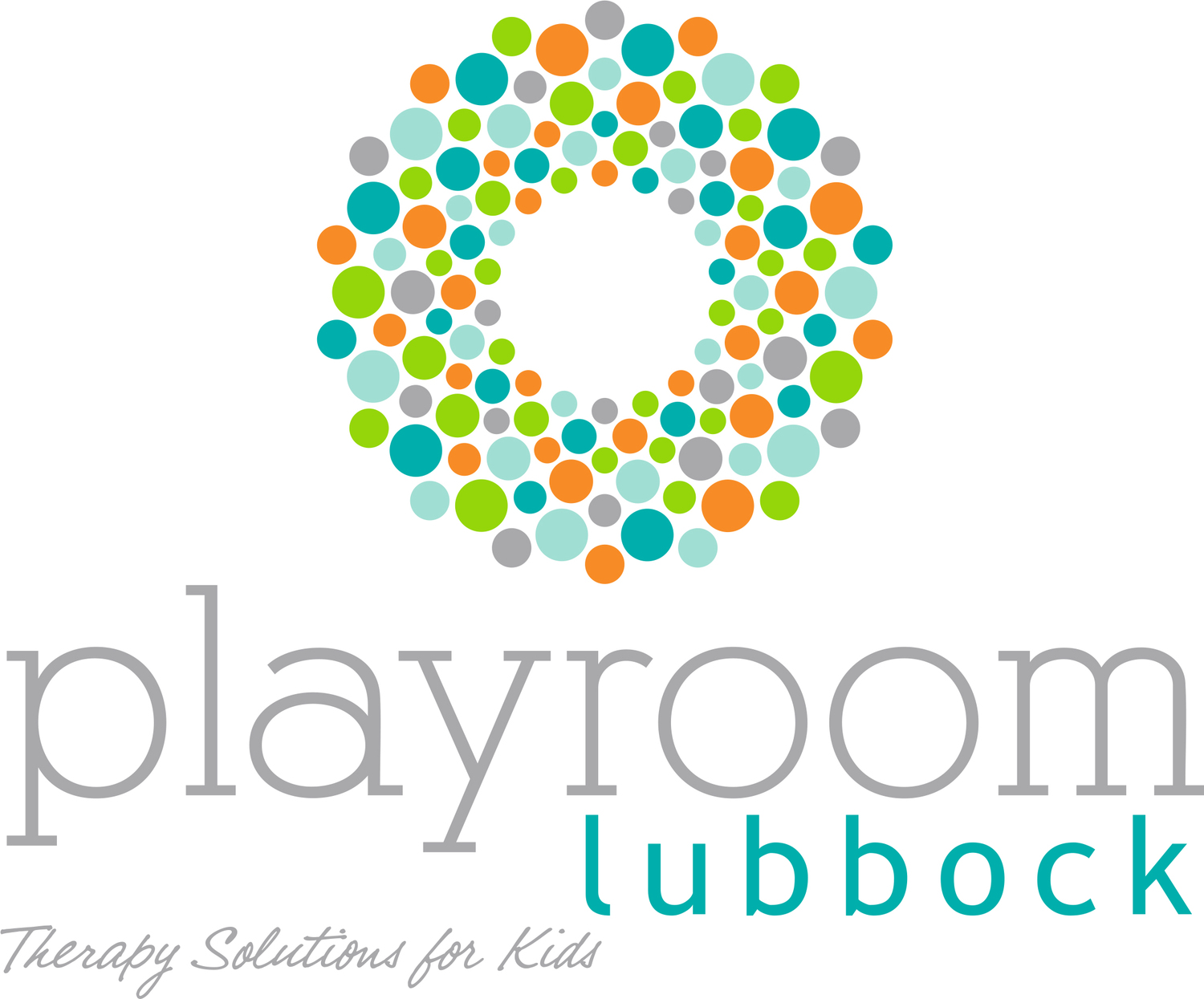Disney's new Christopher Robin was just released and I couldn't help but chuckle at this conversation exchange between Winnie the Pooh and Christopher Robin. It reminded me of what I have recently attempted to encourage parents to do with their own kids to develop self awareness and self concept.
“The way we talk to our children becomes their inner voice.”
Children hear our voices in their minds. Our words and language have a powerful effect. Children absorb our words, tone of voice, gestures, and messages.
As inner speech (self-talk) develops, it is used as a tool for learning. Vygotskian theory emphasizes that in early childhood, languages merges with thoughts (cognitions) in a new way so that children can use private speech (self talk) as a tool for guiding, planning, and regulating their own thinking and behavior. Early on a child relies on adults' external verbal instruction to begin or stop actions. Later in development, children are able to use internal verbal signals to control actions.
Recently I have encouraged parents to use a form of parallel talk to help their children develop an awareness of what is occurring simultaneously in the environment and within the child. Once a child has an awareness of what is occurring, she or he can use the assisted self talk to guide, plan, and regulate his or her own behavior and emotions. Parallel Talk is a technique in which the adult describes what the child is doing or seeing. In play therapy we call this tracking. The therapist describes in a literal, non-interpretative way, what is happening in the playroom to communicate to the child the therapist's presence and attention, and to facilitate awareness. The therapist is putting words (language) into a child's play experience to deepen understanding and processing.
Faber and Mazlish talk about 2 techniques to encourage cooperation in their book "How to Talk so Kids Listen and Listen so Kids Talk."
Describe what you see
1. Describe what you see, or describe the problem. It’s hard to do what needs to be done when people are telling you what’s wrong with you. It’s easier to concentrate on the problem when some one just describes it to you.
"There's a wet towel on the bed."
"There is only one doll stroller and you both want the same one."
"There are lots of kids in here and it's loud."
"When you asked nicely for the toy, your brother gave it to you."
"You started helping your sister, and she had a big smile."
"Your fists are clenched and you feel like hitting something."
Give information
2. Information is a lot easier to take than accusation. When children are given information, they can usually figure out for themselves what needs to be done.
“The towel is getting my blanket wet.”
"Your brother really feels frustrated when toys get taken away from him."
"The drink is starting to spill when walking fast."
"Your shoes are in the hallway. Your dad really appreciates when they are put away."
"The bubble wrap or egg carton (for tearing up) is in the pantry."
“Be a thermostat, not a thermometer. ”
How we react to children's' emotions in situations is important. Our children are highly attuned to a parent's emotions. A thermostat keeps the temperature of a room at a constant temperature. The thermometer rises and falls with the temperature. The more calm and compassionate we are in reacting to our children, the more resilient they become in handling their own emotions. Perfectly attuned parents do not exist, though. A child development expert and Associate Professor of Pediatrics at Harvard University found that even the "best" parents are only attuned to their children 30 percent of the time. We can't expect to be perfectly in sync with our children at every moment, but we can recognize our current state, and remind ourselves that every reaction we express is absorbed by our children, shaping their self talk and their view of the world and of themselves. The more attuned we are to ourselves, the better able we are to react sensitively to our children. Perfection is impossible. Reflection helps us do better as parents.
Provide Encouragement
Encouragement invites self-evaluation and facilitates positive self talk.
“Encourage the deed, not the doer.”
Instead of praising the person or a quality or a product, encourage the effort. Instead of "You got an A. I am so proud of you," try "Congratulations! You worked hard. You deserve it." Praise is not encouraging because it teachers children to rely on approval. They learn to depend on others to evaluate their worth.
Other examples of encouragement:
"You put lots of thought and detail into that!"
"You gave it your best effort. How do you feel about what you did?"
"I appreciate you listening and cooperating."
"That was the first time you've jump roped without stumbling."
The self talk a child begins to develop from encouragement may sound like this:
"I can be responsible!"
"I am proud of what I did!"
"I can do that!"
"It feels good to not give up!"
"I can do lots of things if I work hard."

